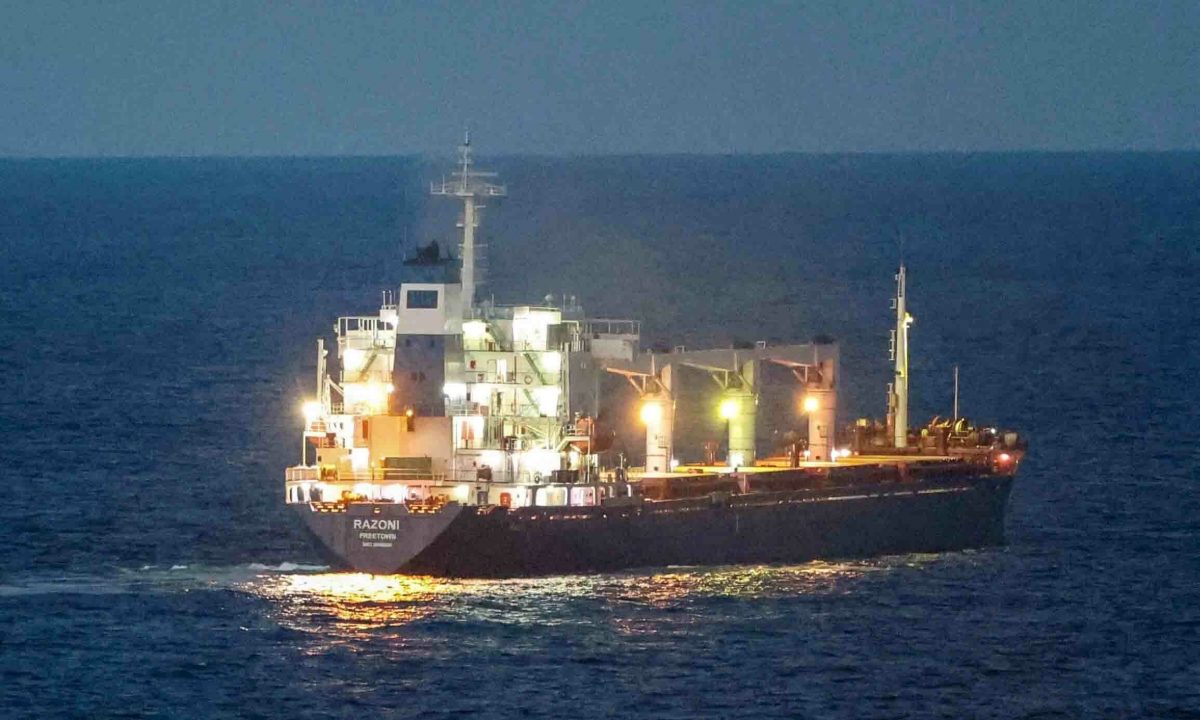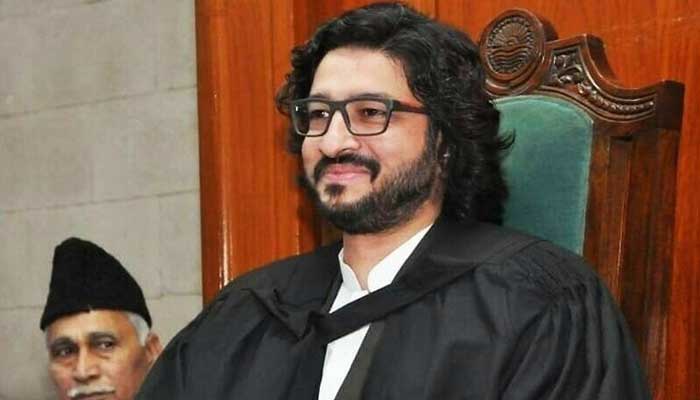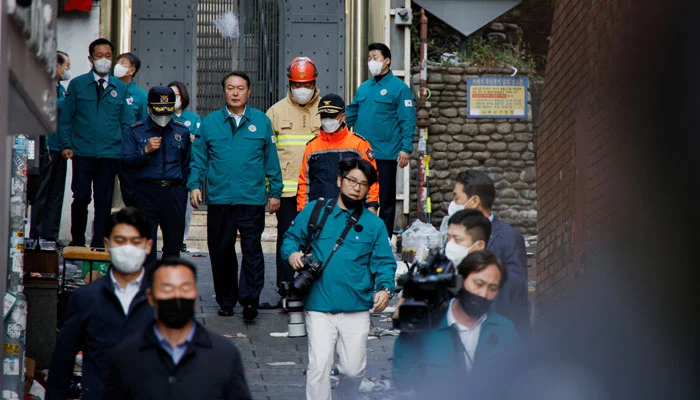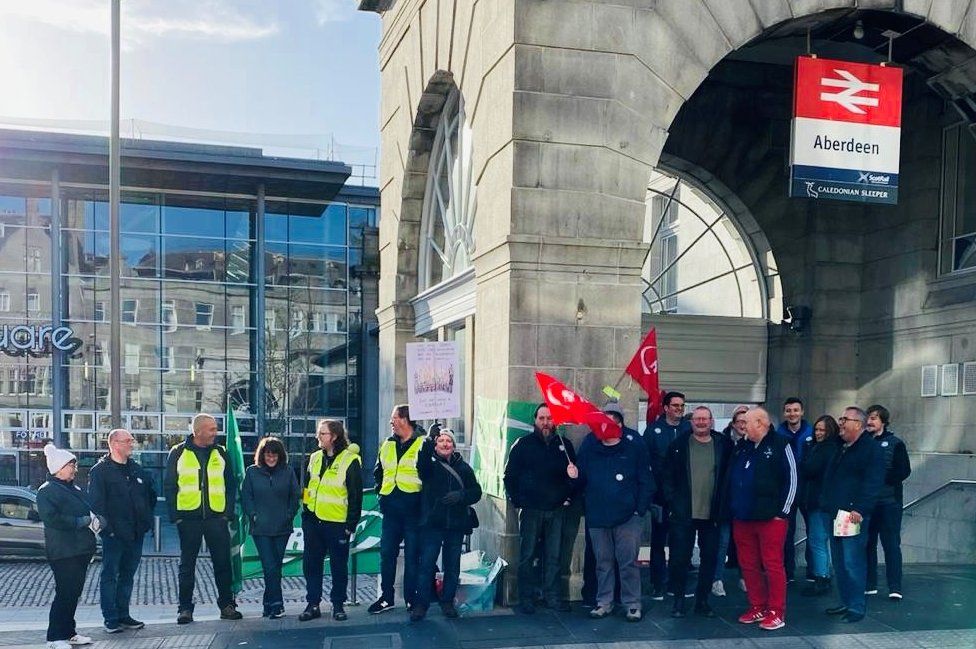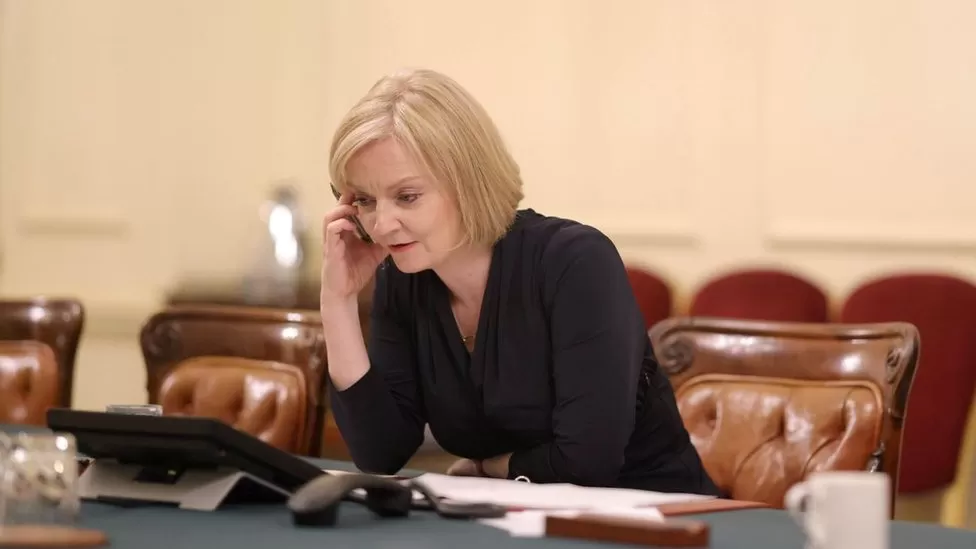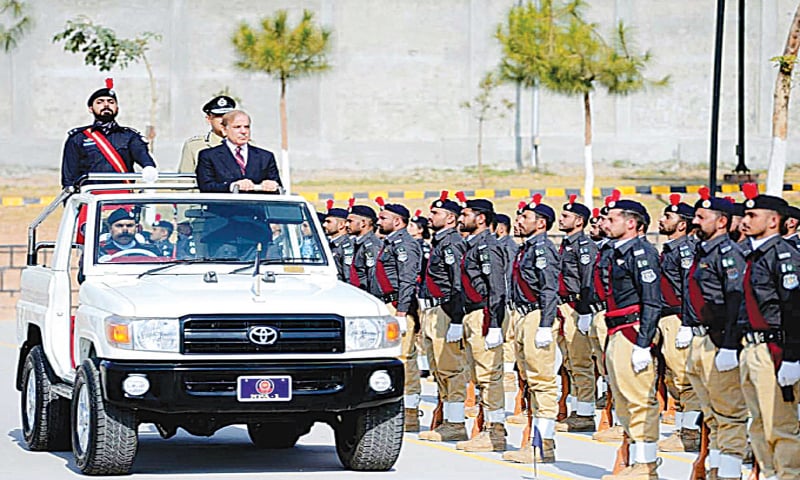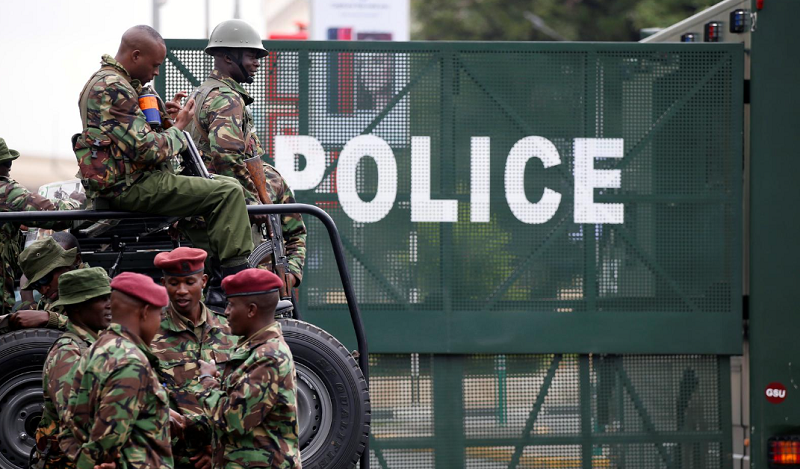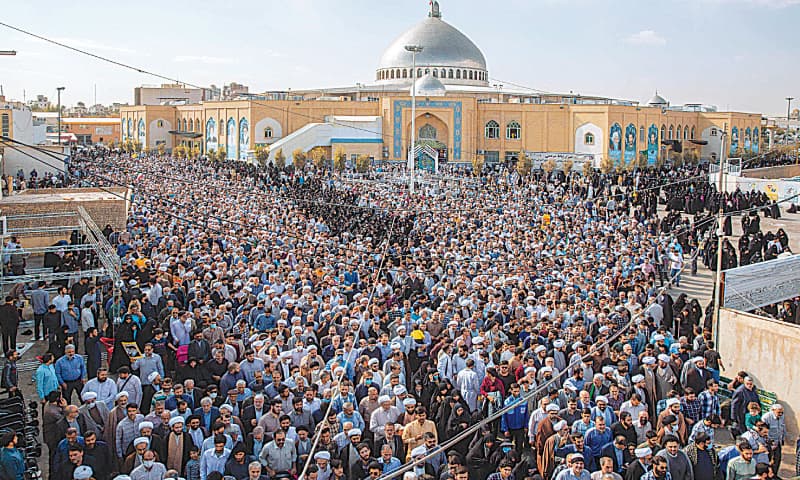MOSCOW: Russia has suspended participation in a UN-brokered deal to export agricultural produce from Ukrainian ports after attacks on ships in Crimea, Russia’s defence ministry said on Saturday, dealing a blow to a three-month agreement aimed at easing a global squeeze on grain supplies.
Russia said that Ukrainian forces, with the help of drones, attacked ships from the Black Sea Fleet in Sevastopol, the biggest city in Russian-annexed Crimea, in the early hours of Saturday.
“Taking into account… the terrorist act by the Kyiv regime with the participation of British experts against the ships of the Black Sea Fleet and civilian vessels involved in ensuring the security of the ‘grain corridor’, the Russian side suspends participation in the implementation of agreements on the export of agricultural products from Ukrainian ports,” the ministry said in a statement.
The ministry said earlier that the drone attacks on Saturday were largely repelled, with minor damage to a Russian minesweeper.
The Ukrainian president’s chief of staff, Andriy Yermak, accused Russia of “blackmail” and “invented terror attacks” on its own territory on Saturday, following explosions in the Crimea peninsula on Saturday.
UN urges deal extension
On Friday, UN Secretary General Antonio Guterres called on “all parties” to “make every effort” to extend the agreement on Ukrainian grain exports, including facilitating shipments of Russian grain, his spokesman said. The deal, signed in July by the UN, Ukraine, Russia and Turkiye, allowed over nine million tonnes of Ukrainian grain to be exported.
Russian Agriculture Minister Dmitry Patrushev on Saturday said Russia was ready to supply up to 500,000 tonnes of grain to poor countries in the next four months for free, with assistance from Turkiye, and supplant supplies of Ukrainian grains. “Taking into account this year’s harvest, the Russian Federation is fully prepared to replace Ukrainian grain and deliver supplies at affordable prices to all interested countries,” he added.
‘UK navy’ behind pipelines damage
Meanwhile, Russia’s defence ministry said the British navy personnel blew up the Nord Stream gas pipelines last month, a claim that London said was false and designed to distract from Russian military failures in Ukraine.
The Russian ministry said “British specialists” from the same unit directed Ukrainian drone attacks on ships of Russian Black Sea fleet in Crimea though they were largely repelled, with minor damage to a Russian minesweeper.
“According to available information, representatives of this unit of the British Navy took part in the planning, provision and implementation of a terrorist attack in the Baltic Sea on September 26 this year – blowing up the Nord Stream 1 and Nord Stream 2 gas pipelines,” the ministry said.
Nuclear threshold
Also, Russia claimed that the accelerated deployment of modernised US B61 tactical nuclear weapons at Nato bases in Europe would lower the “nuclear threshold” and that Russia would take the move into account in its military planning.


